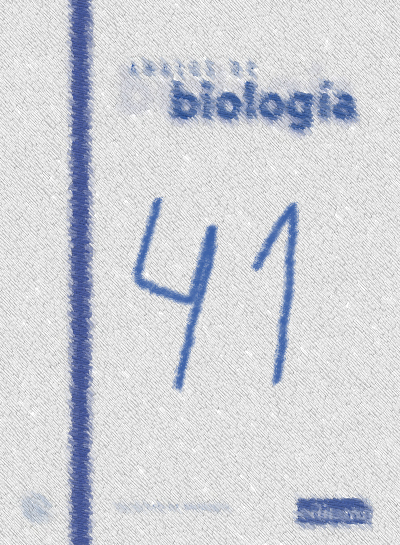Bioconcentration efficiency of Lemna minor L. and Lemna gibba L. for trace metals in three southeastern Bulgarian water reservoirs
Abstract
Duckweed is used in wastewater treatment to remove inorganic substances, mineral and organic contamination. The purpose of present study was to investigate a Lemna minor and Lemna gibba bioconcentration efficiency of trace metals in three southeast Bulgarian water reservoirs. Three waterbodies located on the territory of South East Bulgaria: water canal town Elhovo, water canal Vaja Lake and water canal Mandra Lake was studied. Crude protein, lipid, ash content in studied species of Lemna were analyzed. The trace metal content in water and aquatic plants was determined on an atomic absorption spectrometer (AAS) "A Analyst 800" - Perkin Elmer. The concentrations of metals in both L. minor and L. gibba and for all sites showed a downward trend: Mn>Fe> Zn>Cu>Ni>Cr>Pb>Cd.
Downloads
-
Abstract578
-
pdf233
Las obras que se publican en esta revista están sujetas a los siguientes términos:
1. El Servicio de Publicaciones de la Universidad de Murcia (la editorial) conserva los derechos patrimoniales (copyright) de las obras publicadas, y favorece y permite la reutilización de las mismas bajo la licencia de uso indicada en el punto 2.
2. Las obras se publican en la edición electrónica de la revista bajo una licencia Creative Commons Reconocimiento-NoComercial-SinObraDerivada 3.0 España (texto legal). Se pueden copiar, usar, difundir, transmitir y exponer públicamente, siempre que: i) se cite la autoría y la fuente original de su publicación (revista, editorial y URL de la obra); ii) no se usen para fines comerciales; iii) se mencione la existencia y especificaciones de esta licencia de uso.
3. Condiciones de auto-archivo. Se permite y se anima a los autores a difundir electrónicamente las versiones pre-print (versión antes de ser evaluada) y/o post-print (versión evaluada y aceptada para su publicación) de sus obras antes de su publicación, ya que favorece su circulación y difusión más temprana y con ello un posible aumento en su citación y alcance entre la comunidad académica. Color RoMEO: verde.











